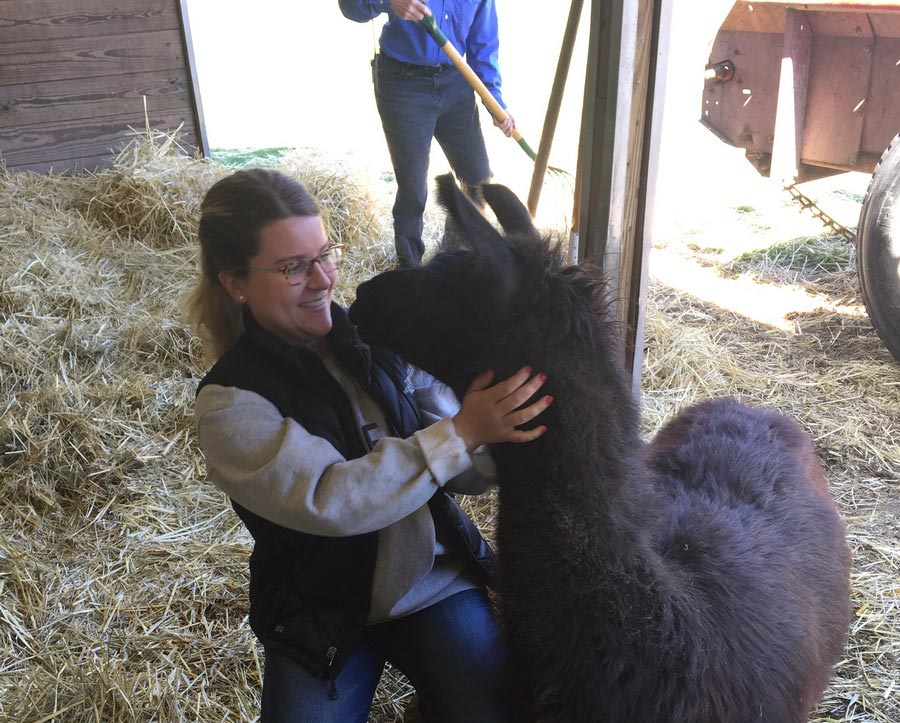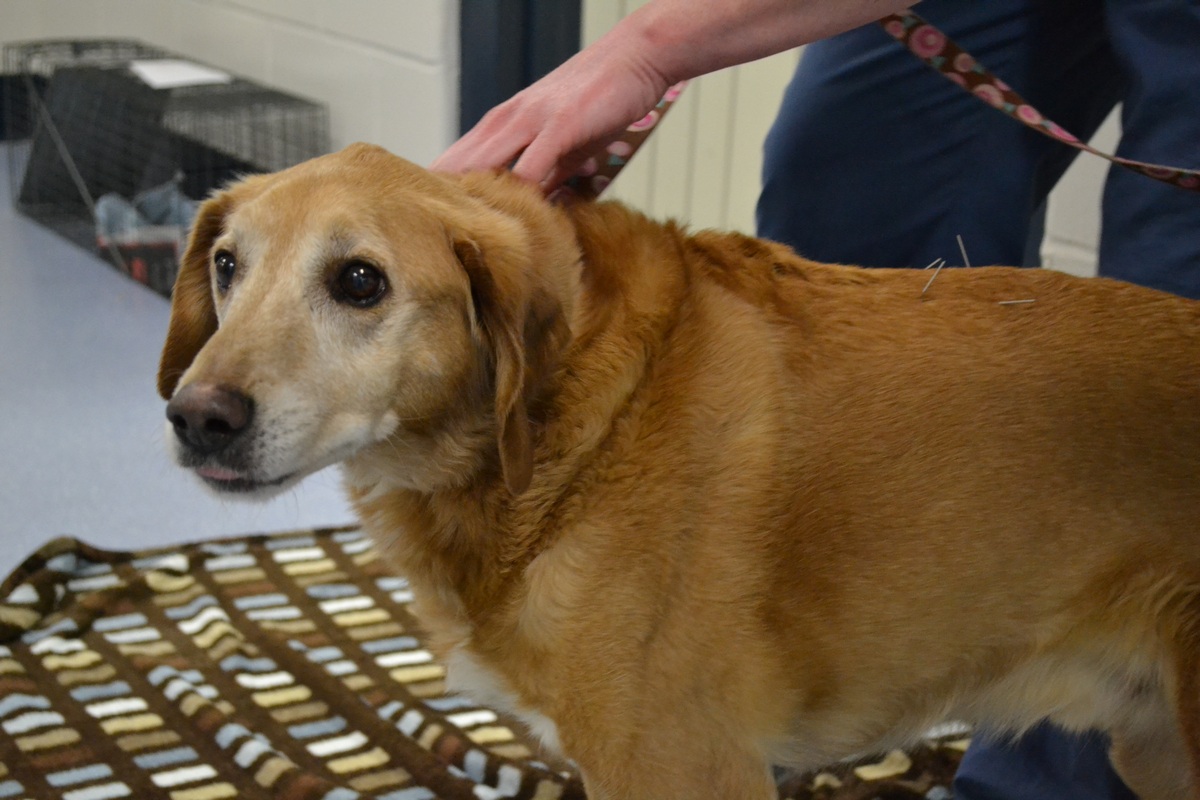If you’re a cat owner, you’re already familiar with the eventuality of hairball cleanup. You know it’s not the most pleasant experience – for you, or your feline friend. But you can do something about the occasional return of the dreaded hairball! In honor of National Hairball Awareness Day (Friday, April 28), we’re sharing a handful of ways you can help your furry friends avoid incidences of hairballs, and help you avoid the subsequent clean up.
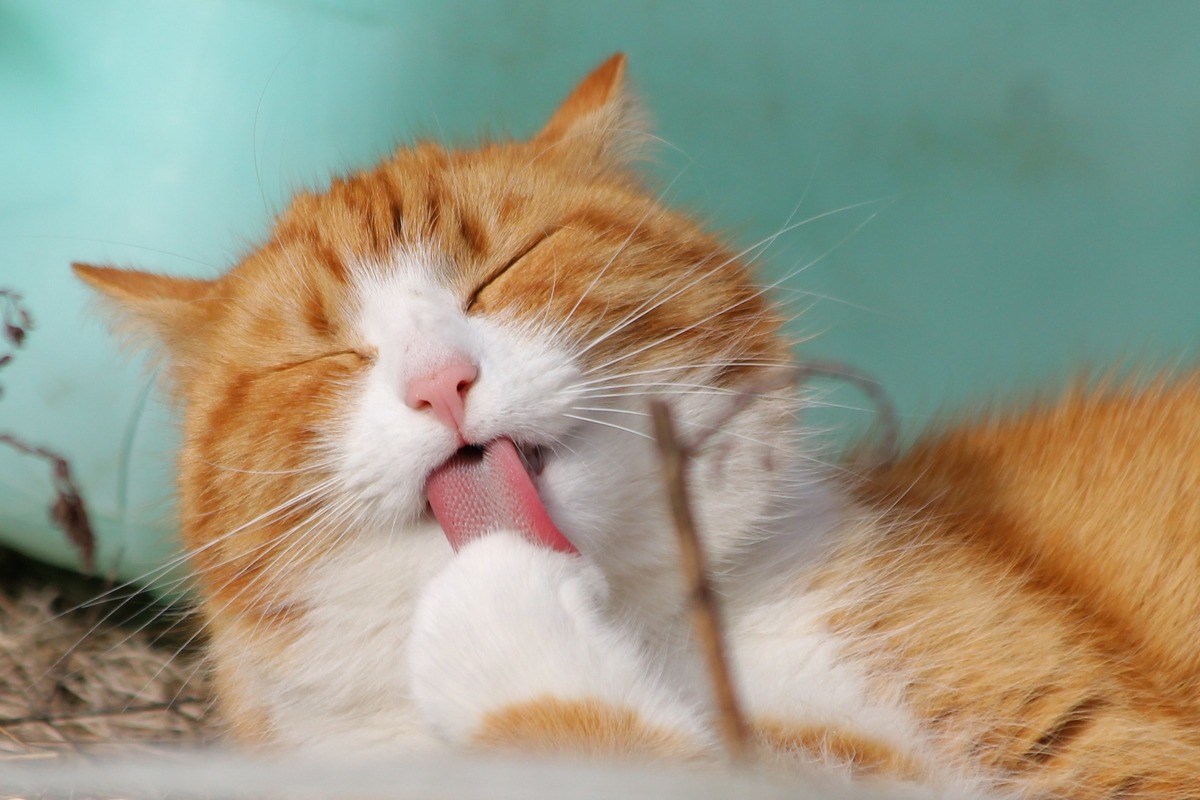
Sure, it may seem gross, but let’s take a moment to define what a hairball actually is. When your cat grooms itself using its tongue, he or she is actually ingesting some cat hair. Most of the time, your cat’s digestive system can handle the hair without a problem, but every now and again a buildup of car hair will result in vomiting.
The very best way to prevent your cat from getting frequent hairballs is regular brushing! Cats do, of course, clean their own fur using their tongue, but this is where hairball issues can arise if your cat’s coat isn’t regularly brushed. An abundance of loose hair can result in more frequent self-grooming, and also more frequent hairball incidents. Regular brushing will lead to less shedding; promote healthy skin and a healthy coat, and most cats also love the feeling of being brushed. Use this activity as bonding time! Try getting your cat into the habit of being brushed 1 – 2 times per week, and make sure that you’re using a brush designed specifically to remove excess fur (your own hairbrush just won’t cut it). It is especially important to brush cats with longer hair, as they are prone to more frequent hairballs and matting.
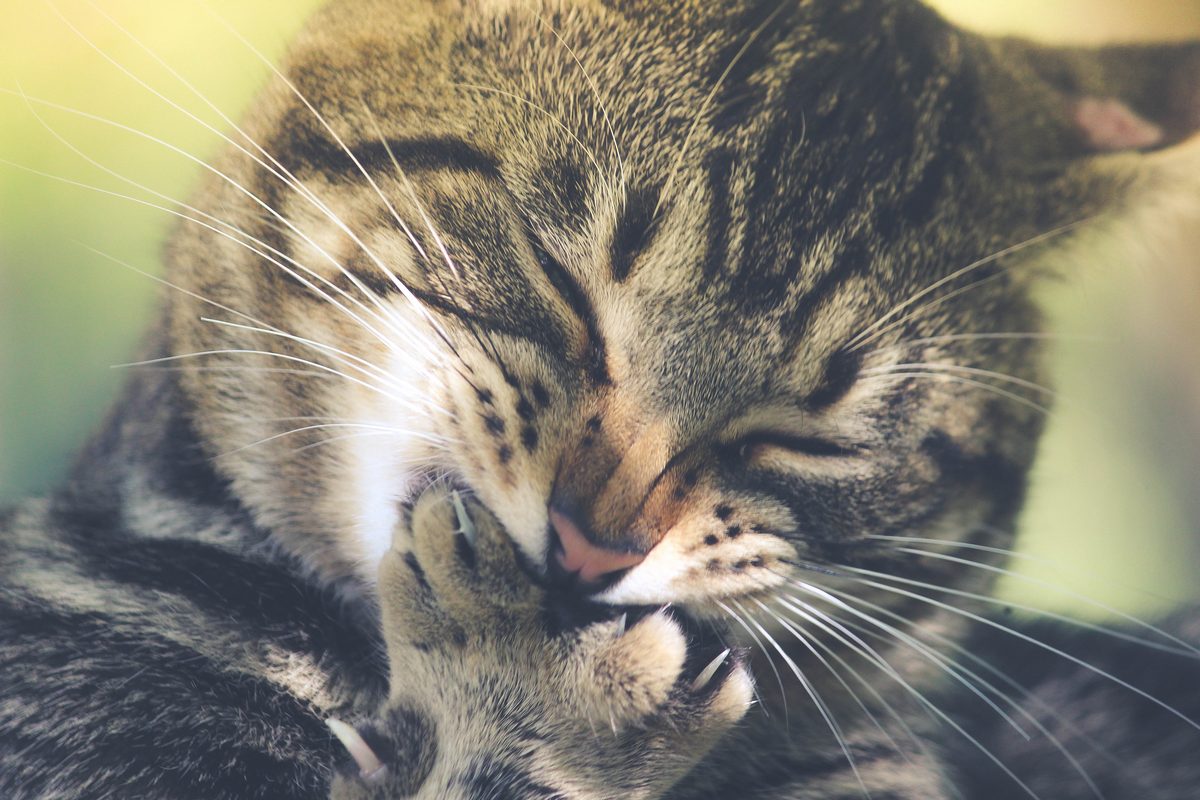
Making sure that your cat stays adequately hydrated is also key to preventing hairballs. Having a multitude of water sources for your cat, and knowing if they prefer to drink out of a bowl, a fountain, or what have you, will keep your cat’s digestive system functioning as it should, and reduce the buildup of hair inside their body.
Despite staying hydrated and being frequently groomed, some cats are just naturally prone to more frequent hairball incidents. If your cat seems to simply be a chronic hairball producer, there are supplements available at your local pet store to help. Most of these products have a soy and malt base and are often fish flavored, so your feline friend will surely eat them right up! If your cat is vomiting more frequently than seems normal, we suggest getting in touch with your veterinarian to determine whether there is another underlying issue. If your cat seems to be over-grooming, they could be displaying signs of a flea infestation. Again, contacting your veterinarian for flea treatment is the recommended course of action.
Of course, all cats will get a hairball every now and again. Not to worry, it’s perfectly normal and a healthy way for them to deal with excess fur in their digestive system. Although gross, hairballs are a reality of cat ownership that cat people can recognize and do their best to prevent.
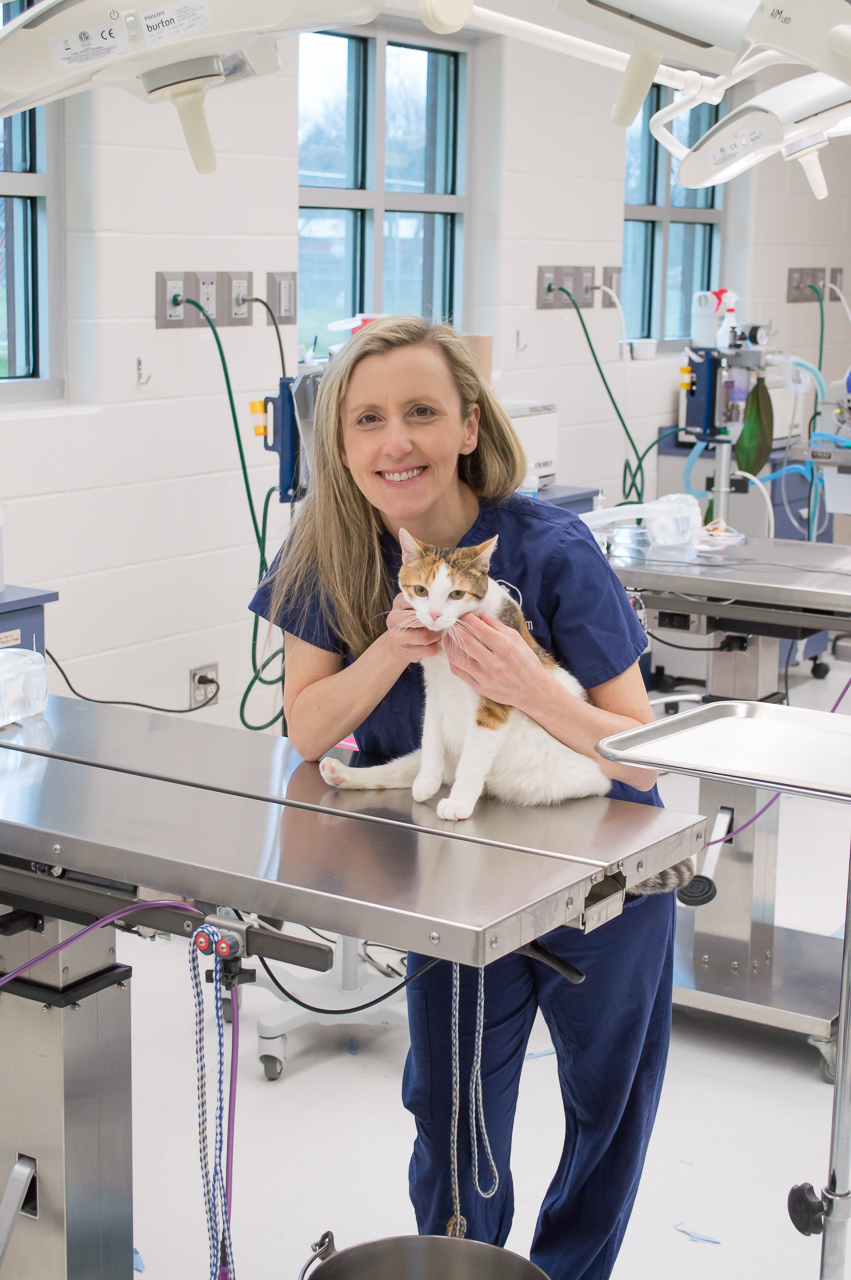
Questions about cat care or behavior? You can always call our Pet Peeves Behavior Help Line at (585) 295-2999 to speak with a behavior professional.
Click here for more cat care resources.

